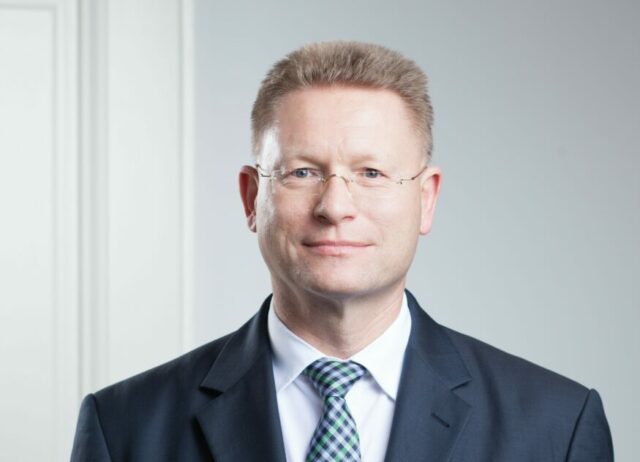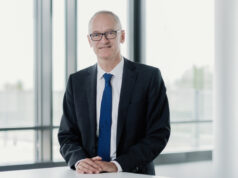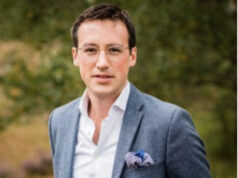INTERVIEW with Volker Weber, the chairman of the board for the “Forum Nachhaltige Geldanlagen e.V” (Forum for sustainable investment). For further expert opinions please use the question-level hyperlink.
| Do you expect the pandemic to have a tailwind or rather a headwind effect on the low-carbon transition pace, taking into account the concerns expressed by some market participants in regard to possible funding cuts and the risk of unsustainable recovery measures?
That’s a good question. The opinions so far have been very diverse. Some market participants are pushing to secure the existing system and keep it as it was before the pandemic. You do not want to take any further risks that innovations or new features entail. On the other hand, the pandemic shows that changes are necessary and that existing systems have to be checked and updated. I am therefore convinced that the discussion about sustainable investments will lead to the restructuring and transformation of the economy towards a low-carbon economy. I believe the climate problem stays connected with Corona. The enormous public programs that are currently being launched and which would have been inconceivable without the virus must also address the fight against climate change. Because it is inconceivable that there can be a separation of investments in combating corona and combating climate change. Both must be intelligently combined. This is also supported by the emerging thought leadership in politics, business and society. Therefore, I see a clear tailwind.
| What are the key findings of the annual Market Report Sustainable Investments 2020 released by FNG?
The current market report of the FNG has shown very impressively that the development of sustainable investments continues uninterrupted. Significant growth was achieved in all market areas and countries.
It is particularly gratifying that private investors have become significantly more important and have almost doubled their market share in Germany.
Here is an overview:
〉With around EUR 270 billion in Germany, sustainable investments have reached a record.
〉In Austria the volume of sustainable funds increased by a good 49%.
〉The market share in Austria is therefore approx. 16%
〉In Germany, the share of private investors doubled and is now around 12%
〉The market share of sustainable funds in Germany is 5.4%
〉Important market drivers are still politics and the associated regulations, but also the increased interest of investors in sustainable and climate-friendly investments.
| Given the decreasing trend indicated in the report, do you expect a significant impact investing growth as part of the green recovery in overcoming the pandemic crisis?
The market report shows very precisely, especially over time, that sustainable investments are still in the focus of investors. In no other asset class has it been possible to achieve such growth in the past 10 years.
In particular, the EU regulations on reporting obligations and the future obligation of financial advisors to integrate sustainability aspects into investment advice will ensure further significant growth. Plus, many clients have chosen to spend their money wisely, especially, to invest sustainably.
It can also be seen that more and more institutional investors and foundations are entering the market for sustainable investments. The keyword is “Impact”. How impact can be determined and made measurable will be a very important topic in the next few years.
On the asset manager side, I have noticed that competition in the ESG area has increased a lot. Nowadays it is not possible not to have a sustainable investment on offer. This will also contribute to a further increase in market volume and also generate more pressure on companies to strive for a sustainable business model.
| In terms of the ESG focus, what are the most lagging and challenging asset classes in German speaking countries, and what is required for progress?
In the liquid asset classes, such as bonds and stocks, ESG strategies have already been integrated into fund management. A total of eight sustainability strategies are also shown in the current FNG market report, which is based on the defining specifications of Eurosif. Most investments pursue the strategies of exclusions and best-in-class.
In the case of illiquid investment concepts, sustainability criteria have so far only played a very minor role. But here, too, these extra-financial criteria play an increasingly important role in assessing the long-term viability of the business models and in assessing future social, climate-related and other environmental risks. I see a lot of catching up to do here, especially in the real estate sector. In this sector, there will be major changes due to the pandemic. The sustainability criteria are also playing an increasingly important role in other AIFs, such as those relating to shipping.
In the area of VC and PE, efforts to integrate sustainability criteria into the investment process are still very early. However, successful and viable business models require that companies are also well positioned in the area of sustainability. Only in this way can the transformation into a low-carbon economy succeed.
| brief bio
Volker Weber started his career with a focus on finance and markets at the Deutsche Bundesbank in Frankfurt, followed by Dekabank, Swisscanto and Westdeutsche Immobilienbank. He has a university degree in business administration. He was also lecturer at several educational institutions.
| about
Forum Nachhaltige Geldanlagen (FNG), founded in 2001, is the industry association promoting sustainable investment in Germany, Austria and Switzerland. It has over 150 corporate members, including banks, investment management companies, insurance companies, rating agencies, investment companies, asset managers, financial advisers and NGOs, and around 30 individual members.








